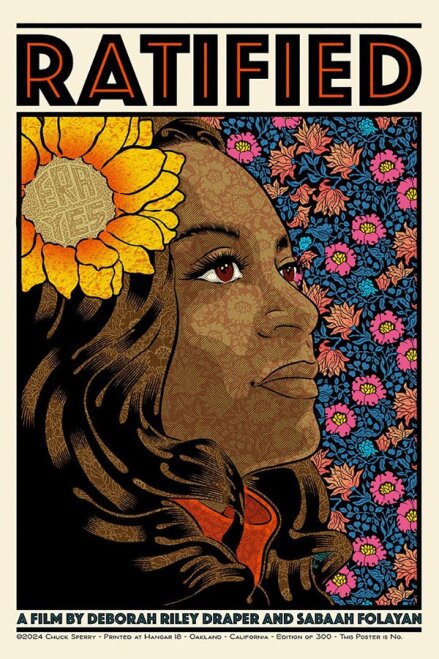Recently at Truax, Phi Theta Kappa, the school’s honor society, put on “Credit and Credit Score: So What’s the Big Deal?” in collaboration with the Volunteer Center. The event was meant to promote financial literacy for students across the college.
Makiko Omori, vice president of scholarships in Phi Theta Kappa, presented this idea and became the lead for the project.
“I’m from Japan and I was surprised how here in America it can be viewed so easily,” Omori said.
Omori met the speaker of the credit score presentation, Joel Thomas, while in Japan. Thomas is the president of Financial Resiliency Foundation and has worked around the world in financial settings and is an award winning financial expert.
“One of the biggest reasons people drop out of school is because of finances,” Omori said. “It’s not necessarily always academics.”
At the presentation, Thomas went into some of the specifics on credit and credit score. Thomas described credit as the ability to borrow money. He compared it to the words “credible” and “incredible” because you have to earn credibility and a reputation of being “incredible.”
“Really, 740 and above is what you are shooting for,” he said.
He also compared credit score to a report card at school because as grades determine what classes you can enter, a credit score can determine what types of loans you can receive in life. A credit score and a report card are both measurements of achievement.
“That rate – banks are looking at that to measure risk. They are measuring that to see how credible you are,” Thomas said. “They’re looking at that to see how much they can give you and at what percent they want to give that to you.”
Also, he touched upon how credit reports include reports on credit cards, mortgage loans, auto loans and personal loans and how they go back to the last seven years. He also said credit reports can also include things like parking tickets if they have been unpaid.
“They can show up and negatively reflect on your credit scores,” Thomas said.
He also talked about his background with credit as well. People with limited or no credit history don’t have much leeway when it comes to loans. After he paid off his financial aid loans, he said he found something that he said was odd because credit does not have affordability factored into it.
After college, Thomas said he paid off all my student loans and $20,000 in the bank, but had nothing to show for it. He had to start from scratch in building a credit score. However he now has a 780 credit score, he said.
“If you’ve never had a credit card or loan, that can really hurt you because if there is nothing there to open, there’s nothing there to measure your risk,” Thomas said.
For those who haven’t taken out loans, Thomas suggested using a credit card to build up points on a credit score.
“A debit card won’t help you (build up points) because a debit card is taking money directly from your account. That’s your money; that’s not other people’s money,” Thomas said.
“If you pay your credit card (bill) back each month, do you have to pay interest back on that? No – it’s the cheapest way to do it. So ironically, as much as they get a bad rep, they can actually be your best friend or your worst enemy.”
In the presentation, he also spoke about mortgages and some more tips on finances altogether.
For those who missed the presentation and would like to watch it in its entirety, the video of the event is available at http://medsiteweb.madisoncollege.edu/mediasite/Play/398ed2bc0a174cc9a958bd42805e5a6f1d.
For more on Thomas’ work and to find out about Financial Resiliency Foundation, go to financialresiliency.org.


























